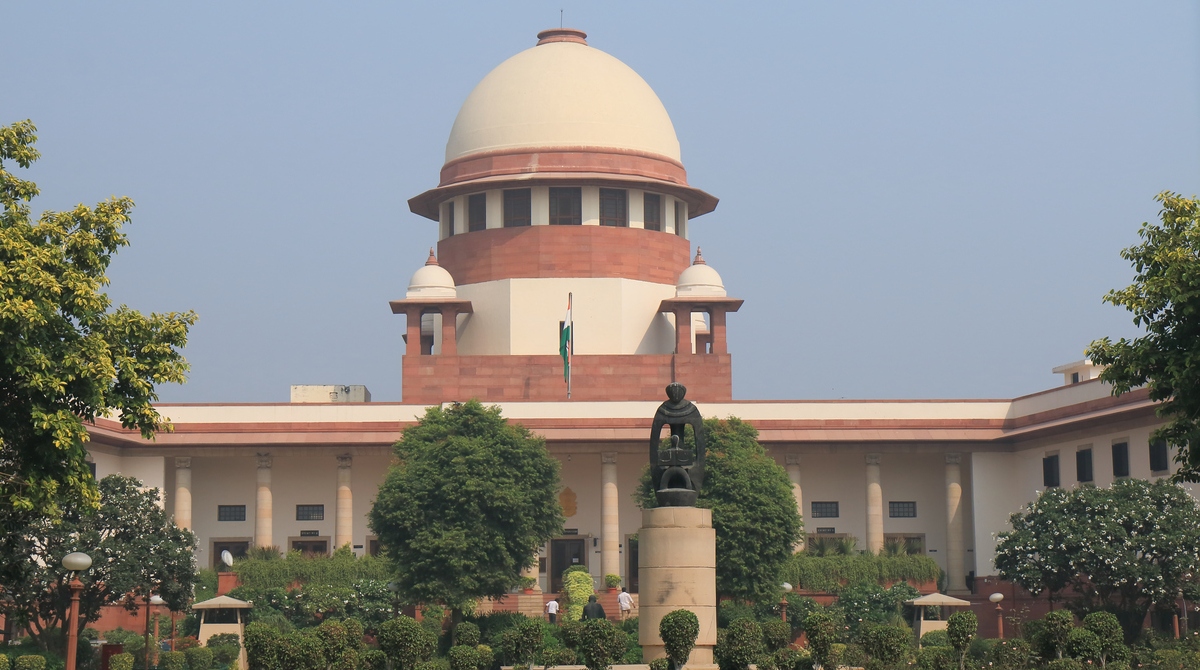NEW DELHI: A Delhi court has granted bail to Nepali nationals including 75 Thai nationals who were charge-sheeted for attending a Tablighi Jamaat congregation here allegedly in violation of visa norms, indulging in missionary activities illegally and violating government guidelines issued in the wake of the COVID-19 outbreak.
Chief Metropolitan Magistrate Gurmohina Kaur granted the relief to the foreigners on furnishing a personal bond of Rs 10,000 each.
Till date, 445 foreign nationals from 33 different countries, who were charge-sheeted in the case have been granted bail by the court.
The police had in June filed 59 charge sheets, including supplementary, against 956 foreigners belonging to 36 different countries in the case.
The accused who were granted bail Saturday will file their plea bargaining applications on Monday, said advocates Ashima Mandla, Mandakini Singh and Fahim Khan, appearing for them.
Under plea bargaining, the accused plead guilty to the offense, praying for a lesser punishment. The Criminal Procedure Code allows for plea bargaining in cases where the maximum punishment is a seven-year imprisonment; offenses don’t affect the socio-economic conditions of the society and the offense is not committed against a woman or a child below 14 years of age.
During the hearing, all the foreigners were produced before the court through video conferencing.
These foreigners had attended the event in March, following which in April COVID-19 cases across the country spiked after hundreds of Tablighi Jamaat members, who had attended the religious congregation at Nizamuddin Markaz, tested positive.
According to the charge sheets, all the foreigners have been booked for violation of visa rules, guidelines issued in the wake of COVID-19 pandemic, Epidemic Diseases Act, Disaster Management Act and prohibitory orders under section 144 of Code of Criminal Procedure.
They have also been booked for offenses under sections 188 (Disobedience to order duly issued by public servant), 269 (Negligent act likely to spread infection of disease dangerous to life), 270 (Malignant act likely to spread infection of disease dangerous to life) and 271 (Disobedience to quarantine rule) of the Indian Penal Code and relevant sections of the Foreigners Act.
The punishment for these offenses ranges from six months to eight years’ imprisonment.
At least 9,000 people including the foreign nationals participated in the religious congregation of the Tablighi Jamaat at Nizamuddin Markaz. Later, many of the attendees travelled to various parts of the country.









Comment